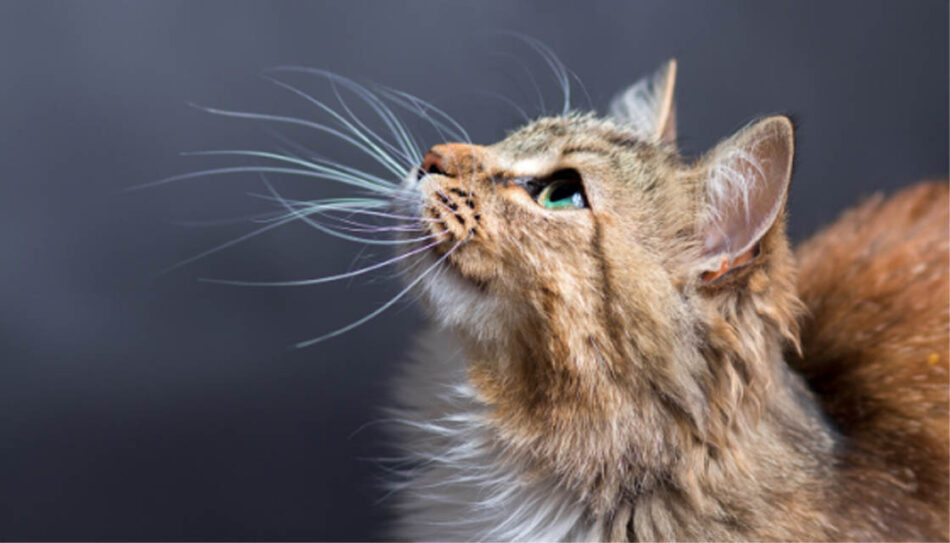
Recognizing Cat Hyperthyroidism Symptoms in Senior Cats
This post may include affiliate links. Please read my disclosure policy.
In many ways, cats just seem to get better with age. While there is nothing like a kitten’s rambunctious energy, there’s something about a mellow senior cat that just tugs at the heartstrings. Although they may not have the drive to play and pounce that they once had, there’s still plenty of room in their little kitty hearts for lots of love and snuggles.
Along with that lovable laziness, though, there is also a higher risk that senior cats will develop health issues. Thankfully, many conditions are easily treatable if they’re caught early. That’s why it’s important for senior cat parents to include regular wellness checks in their routine and to be familiar with the warning signs of some common health problems.
What Is Feline Hyperthyroidism?
Feline hyperthyroidism is a potentially serious condition in senior cats. Luckily, it’s quite manageable.
Hyperthyroidism in cats is caused by an overproduction of thyroid hormones. It’s a common disorder in senior cats and is rarely seen in younger kitties. About 95% of cats diagnosed with hyperthyroidism are more than 10 years old.
Knowing the clinical signs of illness and calling your veterinarian at the first sign of a problem is the key to curing or managing the condition. This will help your cat live a long, happy life.
What Does the Thyroid Gland in Cats Do?
Your cat’s thyroid glands help regulate their body’s metabolism and ensure they maintain balanced energy levels and maintain overall good health. It produces two main hormones, thyroxine (T4) and triiodothyronine (T3), which control how your cat’s body uses and stores energy. These thyroid hormones affect a variety of bodily functions, including heart rate, body temperature, muscle tone, blood pressure, and the rate at which calories are burned.
So what causes the thyroid glands to go haywire resulting in the overproduction of the thyroid hormone? Several studies have tried to identify risk factors for hyperthyroidism in cats, but a single main cause hasn’t been discovered yet.
The most likely risk factors are:
- nutritional deficiencies or excesses in a cat’s food
- thyroid-disrupting compounds in the cat’s environment, water, or diet
- and, rarely, thyroid cancer.
Some theories pointed out by PetMD include fish-flavored canned food diets and flame-retardant chemicals (found in paint, plastic, foam padding, rugs, and so on) used in homes.
Feline Hyperthyroidism Symptoms
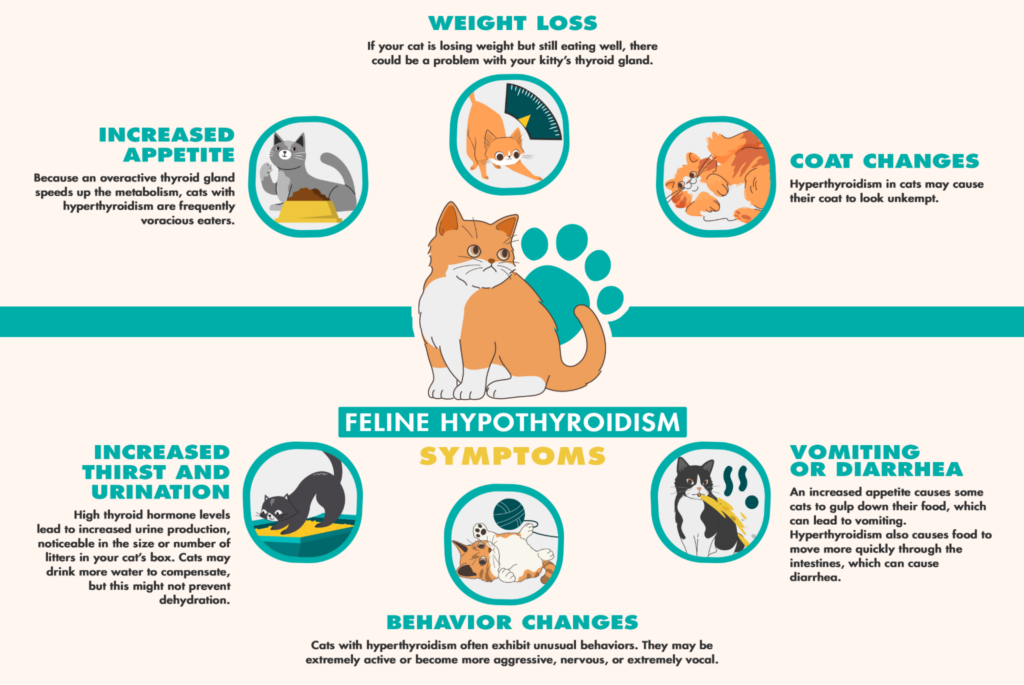
Hyperthyroidism in cats can be tricky to diagnose based on clinical signs alone, since it shares several features with other common health problems, such as diabetes and kidney failure. If you notice any of the following signs in your cat, you should schedule an appointment with your veterinarian.
- Increased appetite. Because an overactive or enlarged thyroid gland speeds up the metabolism, cats with hyperthyroidism are frequently voracious eaters.
- Weight loss. If your cat is losing weight despite a healthy appetite, this could mean your kitty may have some issues with their thyroid gland.
- Coat changes. A hyperthyroid cat may have a coat that looks unkempt or dull.
- Increased thirst and urination. High thyroid hormone levels can cause the kidneys to produce more urine. Usually, this becomes evident when you are cleaning the litter box. You may notice an increase in the size or number of clumps in your cat’s litter box, or your kitty may start going outside the box. Some cats with high thyroid hormone levels may compensate for the increased urination by drinking more water, but that may not be enough to prevent dehydration.
- Behavioral changes. Hyperthyroidism in cats can result in some unusual behaviors. Cats may be extremely active, or they may become more aggressive, nervous, or extremely vocal.
- Vomiting or diarrhea. An increased appetite causes some cats to gulp down their food, which can lead to vomiting. Hyperthyroidism in cats also causes food to move more quickly through the intestines, which can cause diarrhea.
If your cat has had any accidents outside the litter box or has been vomiting, you may have a few cleaning concerns in addition to your concerns for your cat’s health. Your veterinarian will be able to address your medical concerns, and a good enzymatic cleaner will take care of any stains or odors for good.
- Powerful, bio-enzymatic formula biodegrades odor and stain molecules leaving nothing behind.
- Erases pee, poop, vomit, blood and scoot stains from all floor and furniture surfaces - even cleans leashes, collars and pet bedding
- A non-toxic blend of safe probiotics and naturally occurring enzymes with no harsh chemicals or residue
How do Veterinarians Test for Hyperthyroidism in Cats?
Diagnosing hyperthyroidism in cats is pretty straightforward: high levels of thyroid hormones in your cat’s bloodstream along with other typical signs mentioned above.
Your veterinarian might recommend laboratory testing after being suspicious of hyperthyroidism in your cat. This includes a blood chemistry panel, complete blood count, a urinalysis, and thyroid testing.
Treating Hyperthyroidism in Cats
If your senior cat is presenting clinical signs of hyperthyroidism and has been diagnosed, your veterinarian will probably recommend one of four treatment options.
1. Medication
There are several medications on the market that are effective in controlling hyperthyroidism in cats. These medications work by blocking thyroid hormone production. If your vet recommends this form of treatment, it will not cure your cat’s condition, but it will manage signs of hyperthyroidism and keep them healthy. To stay healthy, they will need to take the medication for the rest of their life.
Some medications, like methimazole, may also cause side effects like vomiting, fever, lethargy, scratching, and so on. If these side effects are too severe for your kitty, ask your veterinarian for alternatives.
| Image | Product | Features | Price |
|---|---|---|---|
 |
| Buy On Amazon | |
 |
| Buy On Amazon |
If getting your cat to swallow a pill is a fur-raising experience, you’re not alone. Thankfully, there are products designed to make it easier for cats to take their medicine. Feline Greenies Pill Pockets look and taste like treats, but there’s a convenient pocket that’s just right for sneaking in a pill. Tomlyn Pill-Masker is a flavored paste that molds around any size pill, making it look, smell, and taste like a yummy treat. Other options include a transdermal formulation and compounded liquids.
2. Radioactive Iodine Therapy
Injection with radioactive iodine is effective in curing feline hyperthyroidism. Radioactive iodine therapy works because the thyroid gland naturally absorbs iodine, which means the radiation destroys any abnormal thyroid tissue without damaging any other organs or systems.
The downside to radioactive iodine therapy is that it’s a bit more costly than the others, and it also involves a stay in the hospital for several days. But it can be curative, which means your cat won’t require medication for the rest of its life!
3. Dietary Therapy
Feeding an iodine-restricted diet is an alternative treatment for hyperthyroid cats. This may be a better call for cats with medical conditions that would make the other treatment options difficult or impossible to do. However, this is not a cure, and your kitty will likely require lifelong treatment.
Research for this potential treatment is still ongoing, so if this alternative appeals to you, consult your veterinarian if it’s possible for your cat with hyperthyroidism. Since this is a diet with controlled iodine content (0.2ppm), it should be given exclusively—no cat treats or other cat food or human food.
4. Surgery
Surgical treatment involves removing the thyroid glands, which results in a cure for most cats. Your veterinarian can determine whether surgery is a safe option, since anesthesia can be an issue for some older cats. Side effects after surgery are rare, but your kitty may experience loss of appetite, vomiting, and tiredness.
Surgically removing the thyroid gland might cause hypothyroidism in your cat (lack of thyroid hormone), so surgery is normally recommended when there’s only one affected thyroid gland.
Hyperthyroidism in Cats and Kidney Disease
Untreated hyperthyroidism in cats can lead to a number of other problems, including heart disease and high blood pressure.
If it’s not caught early, high blood pressure can lead to damage to the kidneys. On top of that, hyperthyroidism can make kidney disease harder to detect. This is because high thyroid hormone levels can actually improve kidney function because it causes increased blood flow. Some cats experience a worsening of their kidney symptoms after they begin treatment for hyperthyroidism.
If your cat is being treated for hyperthyroidism, talk to your vet about monitoring their kidney function. Older cats with hyperthyroidism often have kidney disease as well. Early detection is key in successfully treating kidney disease.
If your cat’s kidneys are functioning well, here are a few things you can do to promote kidney health at any age.
- Keep the litter box clean and accessible. This will make it easier for your cat to urinate when he feels the need.
- Take your cat for regular checkups. Don’t wait until you notice signs of illness to bring your cat to the vet. Routine screenings and checkups can reveal problems early, making it much more likely that you’ll be able to treat them successfully. Younger cats should see their veterinarian once a year, and many veterinarians recommend that senior cats be seen every six months.
- Keep them hydrated. Canned cat food is one way to add water to your cat’s diet. In addition, they should always have access to plenty of clean, fresh water. Many cats prefer running water and will drink much more from a fountain than they will from a traditional water dish. This adorable flower fountain is one of my cat’s favorites.
- Watch his weight. Obesity in cats can lead to diabetes, which can contribute to kidney failure.
What Is the Prognosis for Cats Diagnosed with Hyperthyroidism?
The good thing about feline hyperthyroidism is that it is treatable, and hyperthyroid cats diagnosed and treated early have a good chance of living long, happy lives. Outcomes following most treatment alternatives for cats with hyperthyroidism are great, and cats with managed diets or medications generally do well.
Left undiagnosed, however, it becomes much more serious—even fatal. It can result in a whole other plethora of issues, such as uncontrolled weight loss, severe heart disease, high blood pressure, and so on. That’s why it’s so important to visit your veterinarian regularly and to schedule an appointment at the first sign of any change in your cat’s overall health.


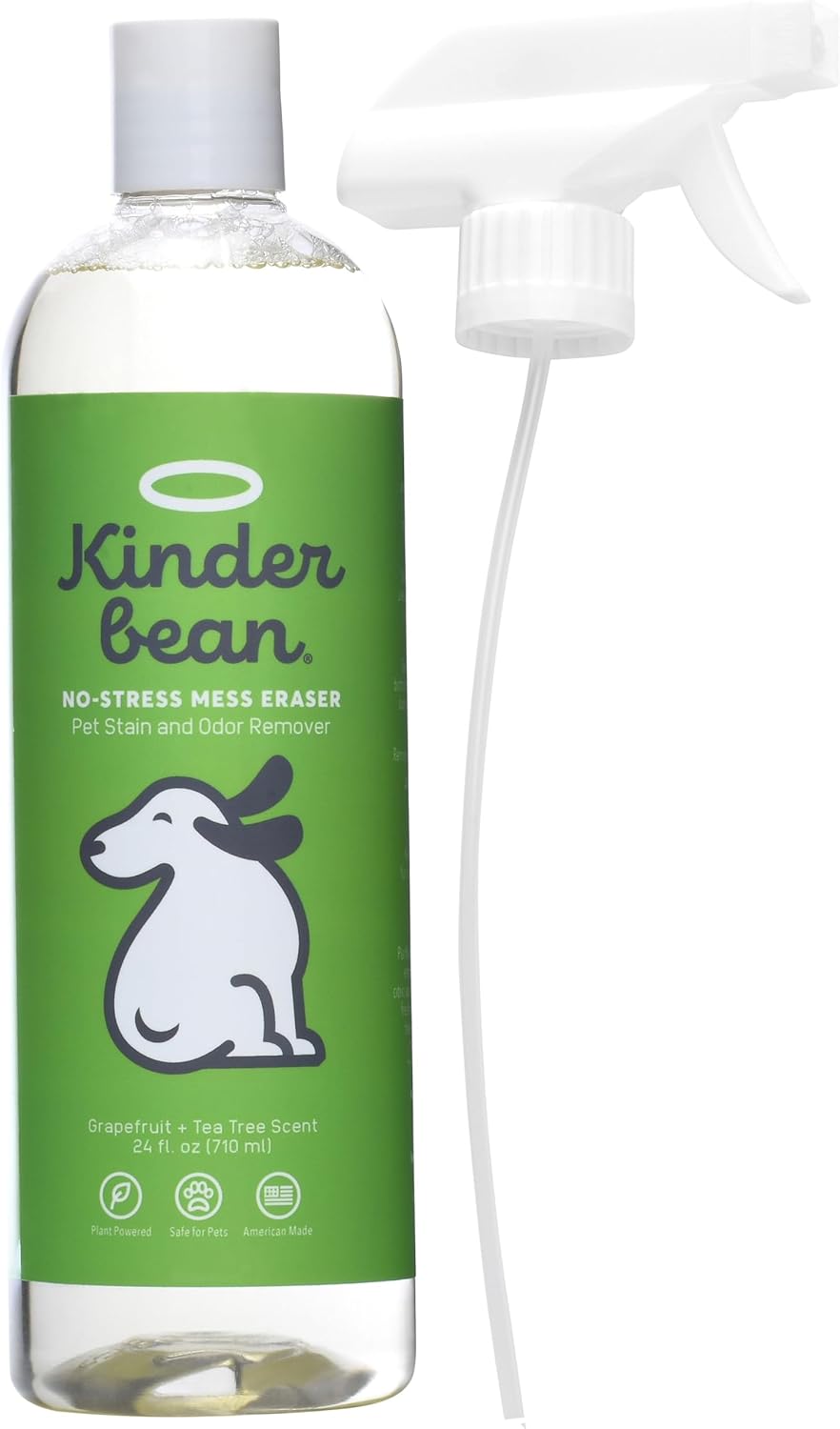


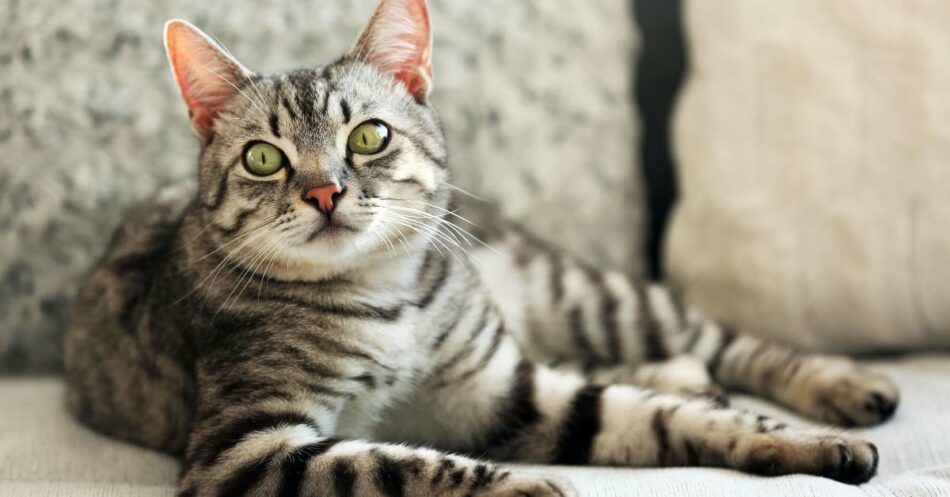
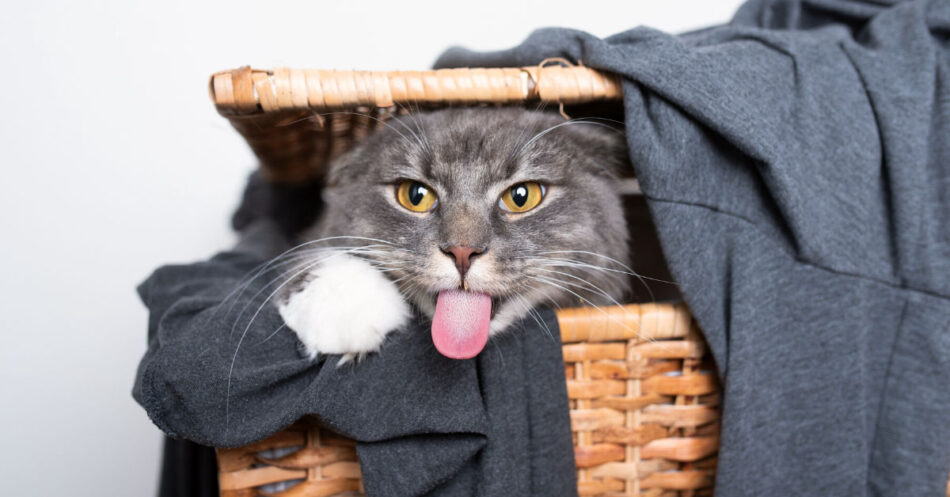
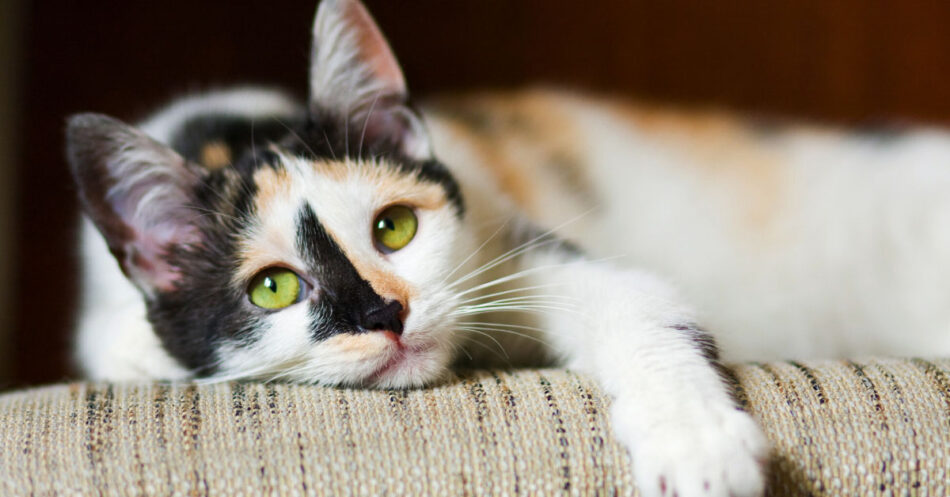
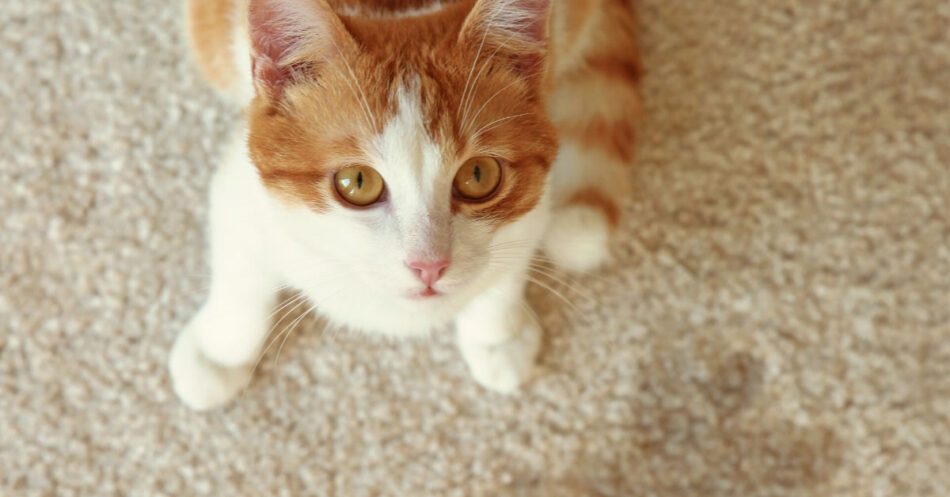
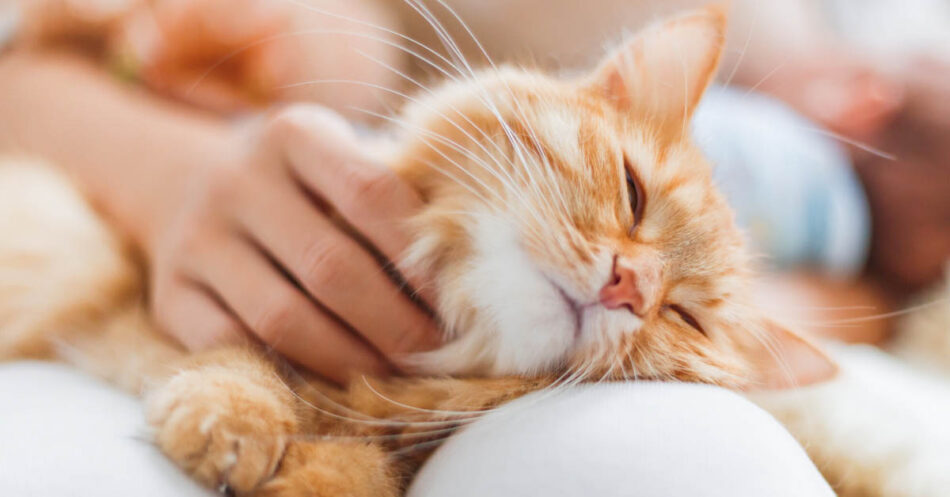
How can I get my senior cat seen for this possible disorder. She has lost a lot of weight over the past year. She is approximately 15+ years old now. However, due to my medical issues I have not been able to work for over 2 years and am facing eviction, etc. I do not have a home computer and may lose my phone any day now. I want to have my cat seen by a Vet. but I do not have the resources. Do you know of anyone that can help me with this in the Denver, CO. area (zip code: 80246) ? Thank you, Lori
My 16 year old cat is going through the same disease. I know your post is over a year old but I wonder about how you handled things. I too have a limited income, only social security. I have been treating her with methimazole and that is expensive too. I have an appointment to put her down today but I don’t think I can do it. please email me at brendaelk@gmail.com if possible. Have you heard of Dr. Jeff a local vet there in Denver?
Thank you, Brenda
Hello Brenda,
I’m so sorry to hear about your kitty’s illness. If you decided to put her to sleep, I want to offer my deepest condolences and to let you know it’s obvious how much you loved her. I’m sure you gave your kitty a great life.
If you decided to continue treatments but are looking for payment options, there are two you might consider. One is Care Credit. It’s like a credit card that helps you pay for costly care, then you have time to pay it off. The other option is to ask Dr. Jeff if he could work with you on a payment plan for treatment, assuming your cat is a candidate.
Again, I’m so sorry you and your kitty have had to deal with this.
Kristen